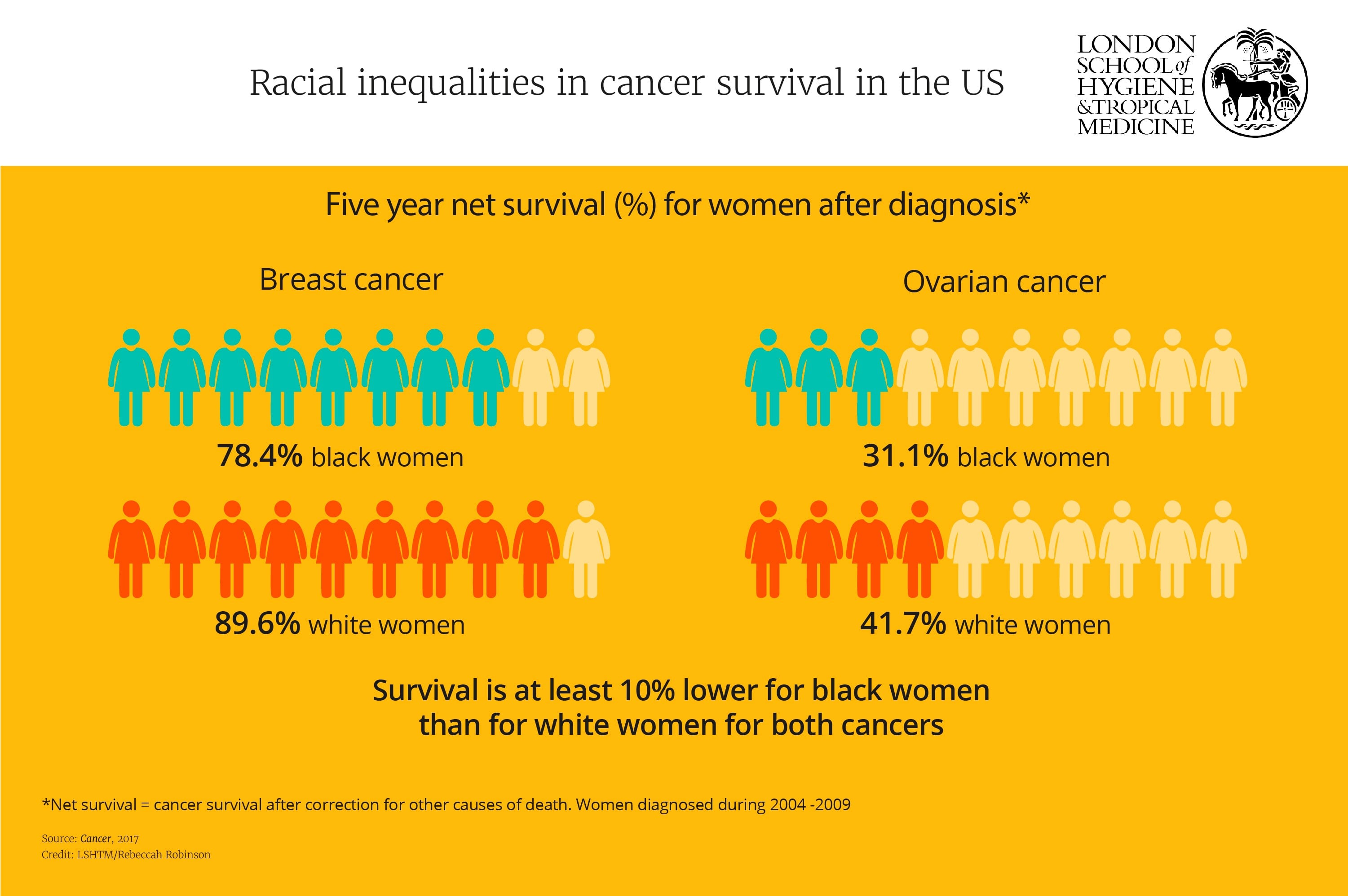Why Is Cancer Survival Not Improving In England, And What Can We Do About It?

During the pandemic, cancer services were disrupted on a global scale. In the United Kingdom, it has exacerbated structural flaws in the delivery of cancer diagnosis and treatment that existed long before lockdown restrictions went into effect in March 2020.
According to a report released in April 2019 by Cancer Research UK (CRUK), the UK has lower survival rates than many Western countries due to inadequate early cancer detection and access to the best treatments. The report also acknowledged a shortage of cancer treatment specialists, as well as the fact that the target of treating 85 percent of cancer patients within 62 days of an urgent GP referral has been missed every year since 2014.
There have already been reports of an increase in patients with later-stage cancers as a result of delayed diagnosis. According to data from the NHS South East London Cancer Alliance, there was a 3.9 percent increase in people diagnosed with advanced cancer (stages 3 and 4), with an overall 6.8 percent increase in stage 4 cancers during this time period. The greatest shifts were observed in lung (6.3%), colorectal (5.4%), and prostate cancer, with a 3.8% increase in stage 4 disease.
Failure to protect cancer services during the lockdown, as well as the resulting delays in cancer diagnosis and treatment, will result in lower survival. This will have a negative impact on the NHS Long-Term Plan (2019), which aims to increase the proportion of patients diagnosed with early-stage cancer (stages 1 and 2) from 50% to 75% by 2028. With a 4% shift to later-stage diagnosis during the first year of lockdown and the likelihood of this increasing to 10% over the two-year lockdown period, this target currently appears unattainable.
Following input from a diverse range of cancer specialists, professional cancer bodies, and cancer charities, a cross-party cancer summit report was submitted to the UK government in May 2021. To deliver a radical new cancer strategy, the report recommended ring-fenced cancer funding, overseen by a government minister and supported by an independent advisory group of cancer experts.
The report’s main strands included recommendations to develop both short- and long-term workforce plans, invest in diagnostic and treatment equipment such as radiotherapy, upgrade outdated IT infrastructure, and digitise services where appropriate.

However, there has never been a better time for the NHS to review its cancer services and develop a strategy that goes far beyond simply reducing cancer waiting times, recruiting more cancer specialists, and improving access to imaging and radiotherapy.
There is a lot to be said for focusing on the early stages of cancer, whether through screening, diagnosis, or treatment. While reviewing current national screening programmes, the management of urgent cancer referrals, and access to optimal cancer treatment, cancer prevention, personal risk assessment, and risk reduction strategies should be a cornerstone of this cancer strategy.
An ounce of caution
According to CRUK, 38% of cancer cases in the UK are preventable. Many risk factors for common cancers are already known, but how many people are aware that obesity and alcohol are risk factors for both bowel and breast cancer, or that more than half of bowel cancer can be avoided? More education is thus required to make these risk factors more widely known, as well as access to support to assist people in changing their behaviour.
Cancer screening can also help with cancer prevention and early detection. However, NHS screening services must be updated to take personal risk into account rather than population risk, and attendance rates must be addressed.








